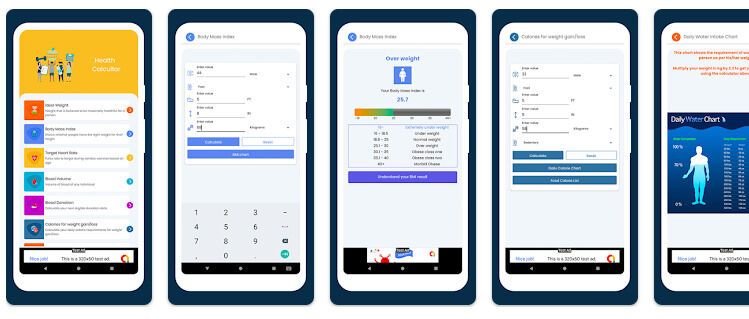In the West End of Morecambe, there thrives a resident-led initiative focused on improving the neighborhood by building social connections and creating sustainable solutions for socioeconomic challenges. Central to this initiative’s success is a critical collaboration with local partners such as health services, educational institutions, and art and cultural groups. The success story can be attributed to a variety of interventions, including social prescribing, youth advisory groups, and a community hub.
The West End houses a population of roughly 5,000 residents, including working-class families and a significant contingent of European settlers. Local assets such as The Playhouse, a venue for community engagement, More Music, a music, and education charity, and the Promenade Gardens, a public recreational space, contribute to the unique identity of the locale. In the face of considerable economic and social deprivation, the West End Morecambe Big Local initiative aims to create sustainable, community-driven interventions responsive to the local needs.
A key focus of the initiative lies in enhancing integration between multiple community services and sectors, including health, social care, and local businesses. This united effort promotes collaboration over competition, producing a robust support system enabling the residents to tackle intertwining challenges, particularly mental health issues and economic struggles.
To ensure the diverse array of community representation and active participation, the model emphasizes various engagement groups. The Youth Advisory group comprising 45 members (12-18 years), Residents group, and Mental health forum play specific roles in community decision-making, consultations, and addressing mental health needs, respectively.
Narrating an innovative infrastructure model, the West End initiative developed a multi-agency hub providing services such as adult education, community connectors, and volunteering opportunities. This hub aims to enhance social prescribing activities and address food insecurity through the discounted Local Grocery Shop.
In terms of efficacy and resilience, a high degree of significance is attributed to governance and leadership. The initiative is bolstered by a strong resident-led committee that volunteers their time freely, in combination with part-time staff for daily operations. It showcases an evident history of community involvement and capacity building, providing a strong foundation for the project. It also exhibits strong leadership deeply rooted in the community, resulting in sustained engagement and trust.
Acquiring Stanleys Community Centre was another strategic step for long-term community ownership, enhancing local services. Additionally, the significant improvement in mental health support, achieved through collaborative efforts with local and district partners, attracted considerable appreciation.
Practical concerns include the challenge of securing ongoing funding and resources. Additionally, in transient and socioeconomically challenged areas where volunteering time might be limited, sustaining community engagement and trust poses a significant challenge. Making noteworthy strides despite these uphill battles, the focus remains on fostering more substantial relationships and mutual understanding amongst all stakeholders.
The initiative’s impact reverberates through various dimensions: improved health outcomes are reflected in increased physical activity levels and reduced hospital visits due to effective social prescribing, significant improvements in mental health and wellbeing have been recorded, and community engagement has been increased in both breadth and depth. The success stories sketched by the residents of Morecambe West End make a compelling case for the value of local leadership, collaborative effort, and ongoing engagement in the face of social and economic adversity.




